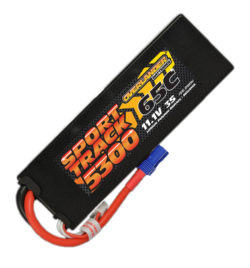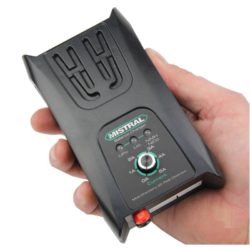Battery Safety
Lithium Battery Precautions
LiPo batteries are fairly durable, but if misused, they can be quite dangerous. Most of this is plain sense, however there are a few pointers below to assist you. Batteries should never be tampered with, punctured, or impacted.
- Never alter, puncture or impact Batteries or related components.
- Never fully submerge the Battery in water.
- Handle with care, avoid dropping them.
- Take the Battery’s out the car when not in use.
- Never directly connect the terminals with metal objects. This will short-circuit Batteries, resulting in heat and electrical discharge.
- Never store multiple Battery’s loose.
- Never expose Batteries to extreme temperatures or direct sunlight. The temperature range must be between 40-120° F (4-49° C).
- Heat kills Lipos, the hotter a batteries get, the shorter the lifespan will be. Never charge a battery that is still warm after usage, and never use a battery that is still warm from charging.
- Check voltage of Batteries before use, this is especially important for packs that have been out of service for greater than six (6) months.
- Always charge/store Batteries in a non-conductive, fireproof bag.
- For best practice store standard lipo batteries at 3.80 volts +/- .05 volts per cell. Or at the manufacturer’s suggested storage voltage for non standard chemistry’s (Lifepo4, Lihv)
Charging Precautions
Always ensure you are using the correct charger for the specific battery type you are trying to charge. Example: If you are charging a Lipo battery, only use a charger designed for Lipo batteries. If the charger can support different battery types, ensure you select the correct type. Failure to do so will cause a negative reaction, which may result in personal injury and property damage.
- Always use a compatible balanced mode charger, specifically designed for the chemistry of battery you are using.
- Always charge Batteries in an open area away from flammable materials, liquids and surfaces.
- Never charge the battery inside a Vehicle.
- Never charge Batteries that are too hot to the touch (above 100° F). DO NOT handle Batteries until they are cool.
- Never charge a battery that shows signs of puffing.
- Never charge a battery pack that has been punctured or damaged.
- Never let the positive and negative battery leads touch each other. It can lead to cell ballooning, cell damage, fire or an explosion.
- Always set the charger to proper cell count and/or voltage listed on Batteries’ labels.
- Always check the voltage of Batteries before each charge session in order to ensure they are at or above the minimum safe starting voltage. If starting voltage is below recommended levels than Batteries have been over discharged or have experienced a failure and should NOT be charged.
- Never overcharge Batteries beyond the capacity listed on Batteries labels.
- If you notice your LiPo battery pack is swelling while charging, stop the charging process immediately, put the battery in a safe container and observe it.


